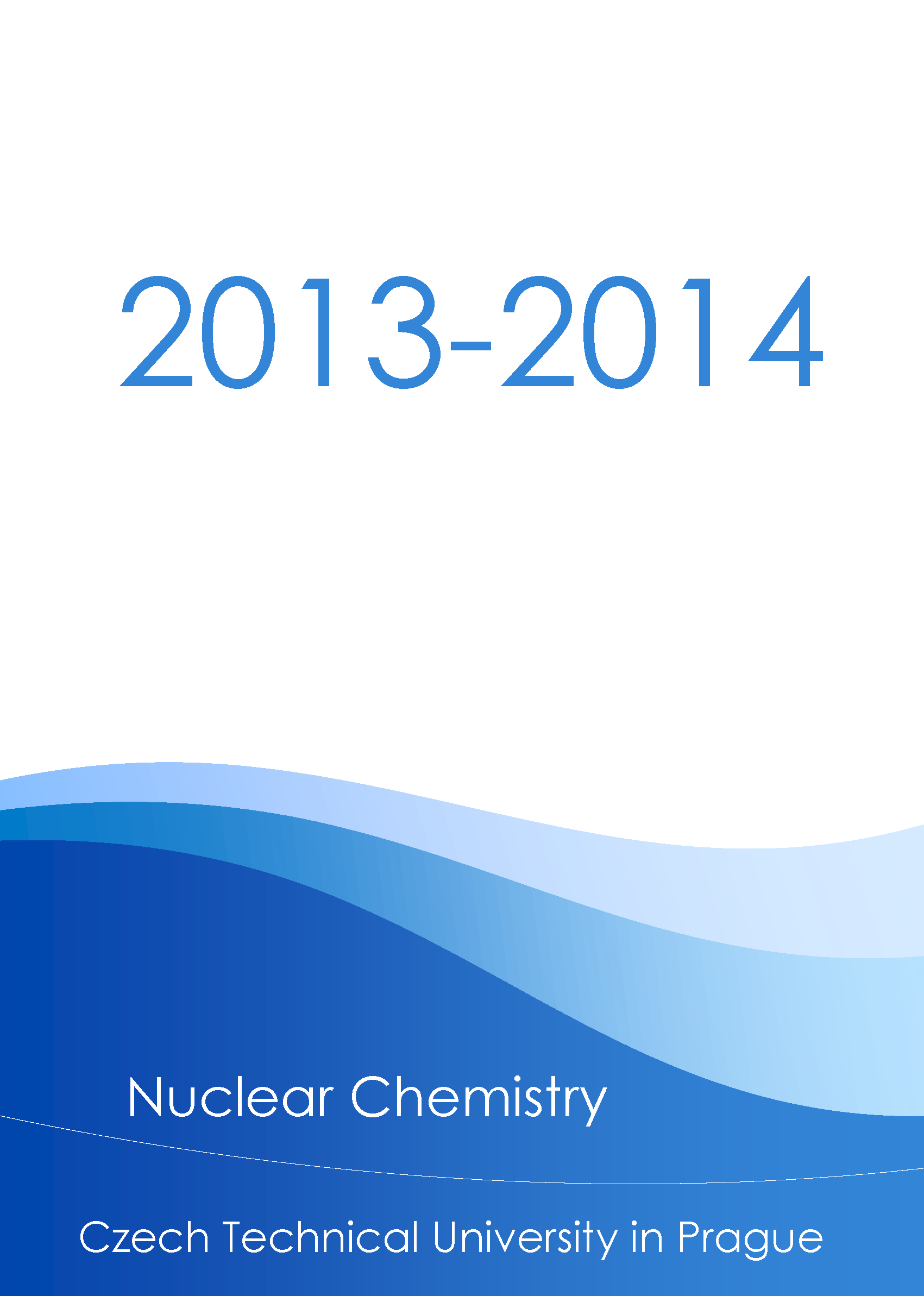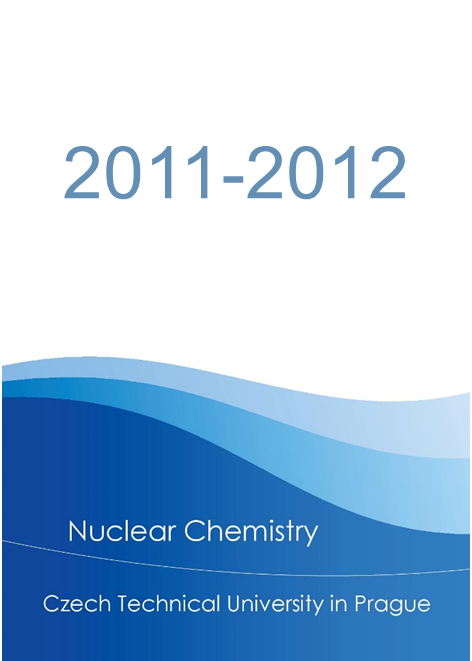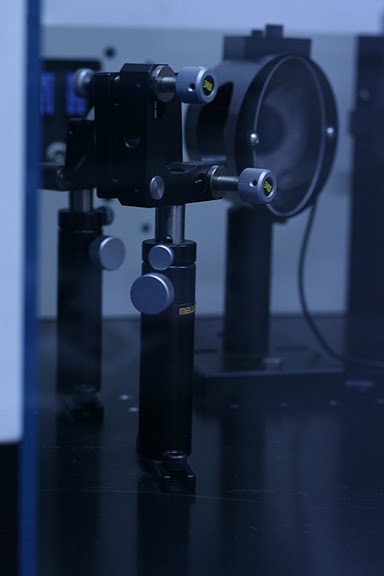Do you know how?
• to detect the presence of ionizing radiation (IR) around us?
• to protect against the effects of IR?
• to keep safe whilst working with sources of IR?
• environmentally speaking, it is possible that nuclear power plants (NPP) are the best sources of electricity both now and in the near future?
• to handle and store nuclear waste?
• to produce nuclear fuel and how to reprocess and use the spent nuclear fuel?
• work with radionuclides and IR in chemical, industrial and medical practice?
• IR affects chemical and biological structures?
• you can follow the migration of radionuclides in the natural world?
• drugs are prepared and how they work and how IR is used in nuclear medicine and diagnostics?
• IR can be used in science, technology, medical practice and to transform and protect the environment?
• computer technology can be used in the fields of nuclear chemistry?
• and where you can look for nuclear chemistry around us?
And where, moreover, you can get a good, working knowledge of at least two foreign languages (it’s up to you which ones) for your future career?
Are you interested in problems relating to chemistry and nuclear sciences and would like to know about their solutions and about other interesting questions?
Department of Nuclear Chemistry (DNC), FNSPE, CTU offers you the opportunity to learn about and gain insight into basic and applied research and practice with our bachelor’s and master’s degree programs in the fields of nuclear and chemical engineering and our doctoral program in the field of nuclear chemistry.
The master's degree program offers three possible areas of study: applied nuclear chemistry, environmental chemistry and nuclear chemistry in biology and medicine.
The schedule for the bachelor's degree aims to provide a sufficiently broad foundation in mathematics and physics, and a theoretical and practical grounding in basic chemical fields, i.e physical, inorganic, analytical and organic chemistry and biochemistry, with the involvement of teachers from the Faculty of Natural Sciences (UK).
From these foundations, a master's degree further develops specialised disciplines in nuclear chemistry, with the guidance of teachers at DNC and other experts from related areas of research and practice. Emphasis is placed on the application of this knowledge in research and engineering practice:
| Nuclear ChemistryRadiation Chemistry | Radiation Chemistry | Fuel cycle technology of NPP |
| Radiochemical traces | Separation methods in Nucl.Chem. | Radioanalytical methods |
| The chemistry of radioactive elements | Radiobiology | Detection and dosimetry IR |
| Chemical and radiation environmental health | Aapplications of radionuclides and radiation methods | Fundamentals of structure and function of NPP |
As graduates you will be able to use, in addition to the general chemical techniques, radiochemical and radiation-chemical techniques to deal with analytical, environmental, physico-chemical, bio-medical and technological problems.
You will gain a sound knowledge of the natural sciences as well as mathematics and computer technology. This in turn will help you to be highly adaptable and open to a wide range of opportunities within research institutions, medical facilities, nuclear and chemical industries, design institutes as well as the management and process of research.
Knowledge and skills acquired in the master's degree studies will also be able to be successfully applied in subsequent doctoral studies in the field of nuclear chemistry.
Part of your study of all three degrees (Bachelor, Master, and PhD.) will involve active participation in scientific research projects. Through this participation, through solving interesting projects both in pure and applied research, graduates may have the chance to become full or co-authors of publications in major scientific journals, research reports and papers presented at scientific conferences at home and abroad.


















